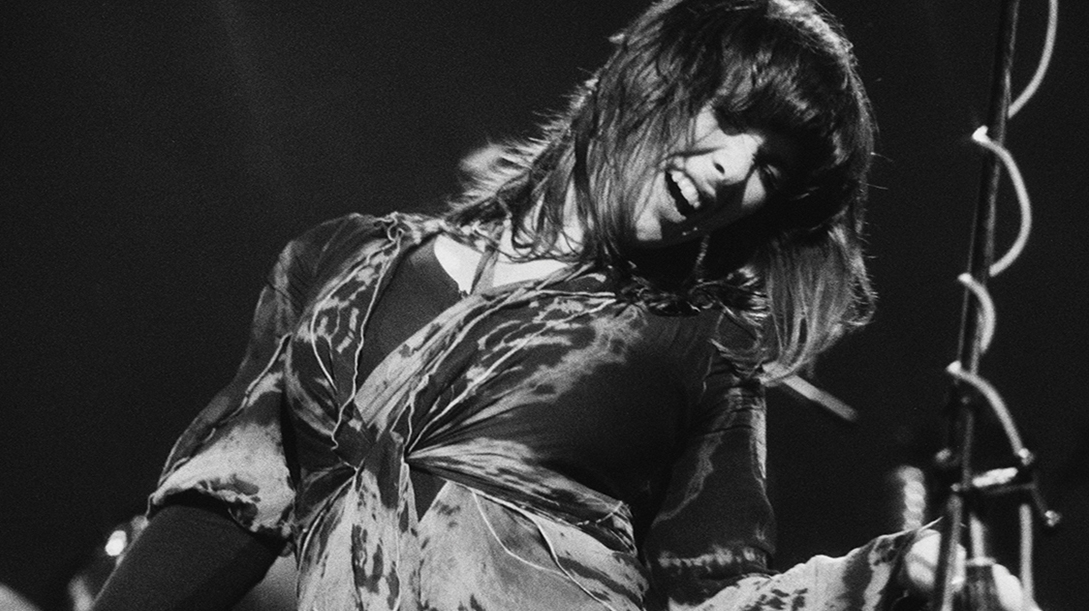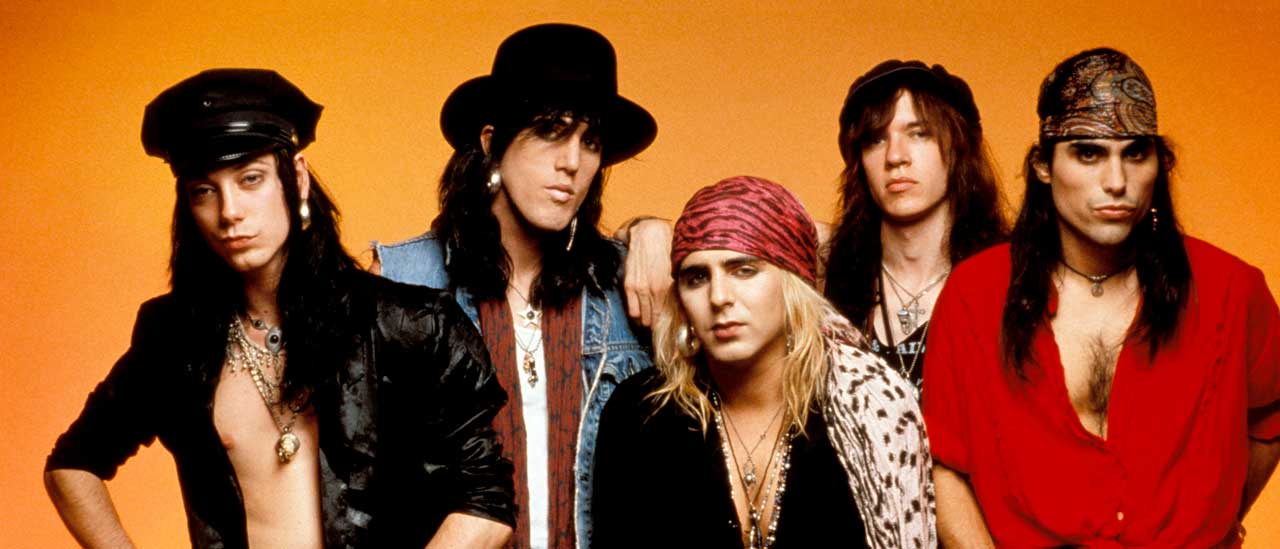Greatest Albums Of The 70s: 65-60
From Blue Öyster Cult to Roxy Music, the 70s countdown continues...

Select the newsletters you’d like to receive. Then, add your email to sign up.
You are now subscribed
Your newsletter sign-up was successful
Want to add more newsletters?

Every Friday
Louder
Louder’s weekly newsletter is jam-packed with the team’s personal highlights from the last seven days, including features, breaking news, reviews and tons of juicy exclusives from the world of alternative music.

Every Friday
Classic Rock
The Classic Rock newsletter is an essential read for the discerning rock fan. Every week we bring you the news, reviews and the very best features and interviews from our extensive archive. Written by rock fans for rock fans.

Every Friday
Metal Hammer
For the last four decades Metal Hammer has been the world’s greatest metal magazine. Created by metalheads for metalheads, ‘Hammer takes you behind the scenes, closer to the action, and nearer to the bands that you love the most.

Every Friday
Prog
The Prog newsletter brings you the very best of Prog Magazine and our website, every Friday. We'll deliver you the very latest news from the Prog universe, informative features and archive material from Prog’s impressive vault.
Our Greatest Albums Of The 70s, numbers 65 to 60.
69) SPECTRES – Blue Öyster Cult (Columbia, 1977)
68) TED NUGENT – Ted Nugent (Epic, 1975)
In later years, the Nuge would become infamous for the various axes he had to grind. Back in ’75, with his first album as a solo artist after splitting The Amboy Dukes, it was all about how he could grind that one axe, his Gibson Byrdland. With this album, Nugent was transformed into a guitar hero. Stranglehold set the tone, an eight-minute jam with a mind-blowing solo. Motor City Madhouse had a manic intensity. And on swinging tunes such as Hey Baby and Just What The Doctor Ordered, Nugent reached deep into classic American rhythm and blues.
What they said at the time: “If they’d had Nugent at Jericho the fracas could have been over immediately. He makes some acceptably horrible noises.” NME
67) STREET HASSLE – Lou Reed (Arista, 1978)
Released at the zenith of Lou’s titanic media-unfriendly belligerence, Street Hassle was a Metropolitan masterpiece wrapped in a multifaceted ‘fuck you’. At its heart was a never-bettered, career-defining title cut – a gritty urban triptych reminiscent of Hubert Selby Jr. and John Rechy’s inner‑city prose, driven by a mantric cello figure that simply wouldn’t let up. Elsewhere, Reed baited the forces of liberalism with I Wanna Be Black and delighted in cocksure self-parody with Gimme Some Good Times and Dirt.
Sign up below to get the latest from Classic Rock, plus exclusive special offers, direct to your inbox!
What they said at the time: “[Title track] Street Hassle at least shows that Reed still cares and can still do it. The rest runs the gamut from amusing one-liners to flaccid cocktail workouts and unredeemed self‑indulgence.” Sounds
66) THE INNER MOUNTING FLAME – Mahavishnu Orchestra (CBS, 1971)
It’s very difficult to explain now just how jaw‑dropping and head-spinning The Inner Mounting Flame sounded when it landed in 1971, seemingly from a galaxy far, far away. At times loud, heavyweight and in-your-face with its controlled cacophony of virtuosic guitar, bass, drums, synthesiser and electric violin, occasionally achingly melodic and pacific, it was truly groundbreaking. An easy first listen it certainly was not. But with Mahavishnu’s outrageous debut album, jazz rock had truly arrived, the term ‘far out’ was redefined, and a new mountain peak had appeared on the musical landscape.
What they said at the time: “Its coherence and control comes as a shaft of light on the muddied and confused. The effects of this remarkable album will be far reaching.”
Melody Maker
65) LITTLE QUEEN – Heart (Portrait, 1977)
Before they re-emerged in the mid-80s in Dynasty-style shoulder-pads and choking clouds of hairspray, Heart played folky hard rock and dressed like they were on their way to Robin Hood’s wedding. Their 1976 debut Dreamboat Annie is considered to be the pinnacle of this era, but the smarter money’s on the second one, Little Queen. There’s Ann Wilson’s cut-glass voice and sister Nancy’s elegant guitar on the title track and the ballad Treat Me Well. But mainly there’s Heart’s greatest song: the riff-heavy Barracuda, in which they somehow make the titular fish sound as life-threatening as Jaws.
What they said at the time: “Why don’t they just let go? They did on Dreamboat Annie… I don’t know. I just know I’m disappointed.” Sounds
64) COUNTRY LIFE – Roxy Music (Island, 1974)
Somewhere between Roxy Music’s critically esteemed first flush and their rakish 80s pop years came Country Life. This middle-period Roxy LP is now remembered as much for its risqué sleeve as the music inside. Assisted by Brian Eno’s replacement, the similarly spectral looking violin/keyboard player Edwin ‘Eddie’ Jobson, The Thrill Of It All’s hard pop, the prog-meets-Bertolt Brecht oompah Bitter‑Sweet (where Bryan Ferry sings in guttural German) and Casanova’s club‑footed funk rock were all brilliantly odd. It’s clear proof that Roxy Music’s endemic strangeness didn’t just evaporate after Eno left the band.
What they said at the time: “To fashion an album filled with relatively straightforward love songs that come out sounding like the Decline of the West is no mean feat.” Rolling Stone
